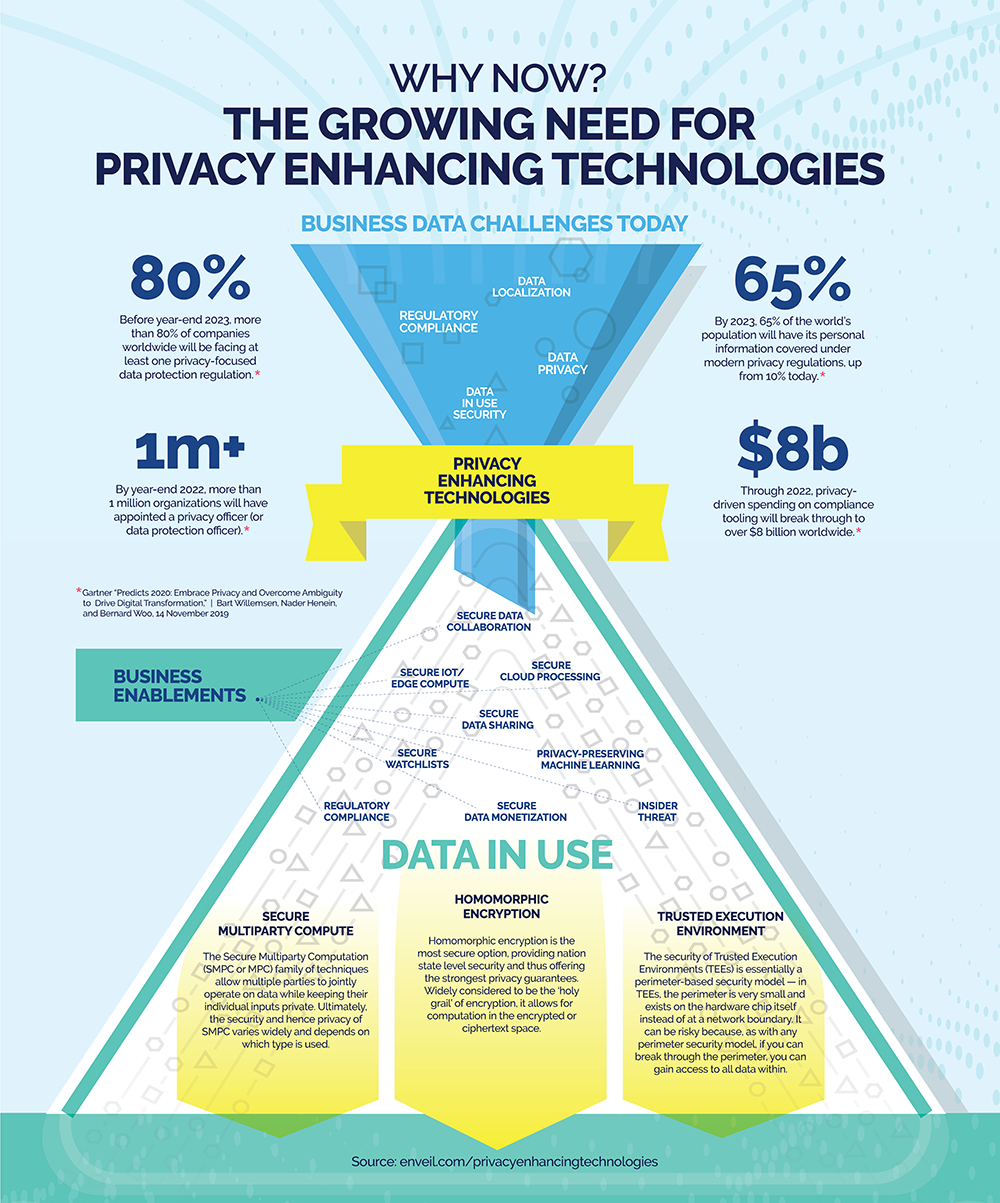
Safeguarding Digital Lives: Innovations in Personal Data Privacy Technologies
In an era dominated by digital interactions, the protection of personal data has become a paramount concern. The continuous evolution of technology brings both challenges and solutions to the forefront of personal data privacy. Let’s explore the innovative technologies that are shaping the landscape of personal data protection.
Encryption: Fortifying Data Against Unauthorized Access
Encryption stands as a stalwart guardian of personal data, ensuring that information remains confidential and secure during transmission and storage. Advanced encryption algorithms transform data into unreadable code, accessible only to those with the corresponding decryption keys. This technology forms the backbone of secure communication channels, safeguarding sensitive information from potential threats.
To delve deeper into the world of personal data privacy technologies, visit Personal Data Privacy Technologies for comprehensive insights and resources.
Biometric Authentication: A Personalized Shield
Biometric authentication has emerged as a cutting-edge technology in personal data protection. Leveraging unique physiological or behavioral attributes, such as fingerprints, facial recognition, or voice patterns, biometric systems grant access only to authorized individuals. This personalized layer of security enhances user authentication, reducing reliance on traditional methods like passwords and PINs that may be susceptible to breaches.
Privacy-Preserving AI: Anonymizing Data Insights
As Artificial Intelligence (AI) becomes integral to various industries, concerns about the privacy implications of AI-generated insights have surfaced. Privacy-preserving AI techniques aim to balance the benefits of data analysis with individual privacy rights. Techniques like federated learning and homomorphic encryption enable AI models to extract valuable insights from decentralized data sources without compromising the privacy of individual contributors.
Virtual Private Networks (VPNs): Securing Online Connections
In the digital realm, Virtual Private Networks (VPNs) play a pivotal role in preserving personal data privacy. VPNs establish secure, encrypted connections between devices and the internet, shielding users from potential eavesdropping or data interception. By masking IP addresses and encrypting data traffic, VPNs provide users with a layer of anonymity and protection, particularly crucial when accessing public Wi-Fi networks.
Blockchain: Immutable Ledgers for Data Integrity
Blockchain, known for its role in cryptocurrency, extends its influence to personal data privacy. Its decentralized and tamper-resistant nature makes it an ideal candidate for ensuring data integrity. Through blockchain, individuals gain more control over their personal data, and transactions become transparent yet secure. This technology holds promise for transforming the way personal data is managed and shared in various digital applications.
Privacy-Centric Browsers: Navigating Safely
Traditional web browsers often collect extensive data on user behavior, raising privacy concerns. Privacy-centric browsers address these issues by implementing features like ad-blocking, tracker prevention, and enhanced privacy settings. These browsers prioritize user privacy, limiting the collection and tracking of personal information during online activities.
To stay updated on the latest innovations in personal data privacy, explore Personal Data Privacy Technologies for valuable resources.
Consent Management Platforms: Empowering User Control
In the landscape of personal data privacy, user consent is paramount. Consent Management Platforms (CMPs) empower individuals to have more control over how their data is collected and used. These platforms provide transparent information about data practices, enabling users to make informed decisions and customize their privacy preferences across various online platforms.
Data Masking and Tokenization: Concealing Sensitive Information
Data masking and tokenization technologies play a vital role in protecting sensitive information in databases and applications. By replacing actual data with fictionalized or tokenized equivalents, these technologies ensure that even if a breach occurs, the exposed information is of no practical use. This adds an extra layer of defense against unauthorized access to sensitive personal data.
IoT Security: Safeguarding Connected Devices
With the proliferation of Internet of Things (IoT) devices, ensuring the security of personal data has become more complex. IoT security technologies focus on safeguarding the interconnected network of devices, employing encryption, authentication, and regular software updates to prevent unauthorized access or data breaches through these connected endpoints.
Continuous Monitoring and Incident Response: A Vigilant Stance
The ever-evolving nature of cyber threats necessitates continuous monitoring and rapid incident response mechanisms. Technologies that enable real-time monitoring of network activities, coupled with swift response protocols, are essential in mitigating potential data breaches. Proactive measures ensure that any anomalies or security incidents are addressed promptly, minimizing the impact on personal data.
The Future of Personal Data Privacy
In conclusion, the innovations in personal data privacy technologies represent a dynamic response to the evolving digital landscape. As technology continues to advance, so too will the tools and techniques designed to protect personal data. To stay informed about the latest developments and strategies in personal data privacy, explore Personal Data Privacy Technologies and navigate the ever-changing terrain of digital security.
